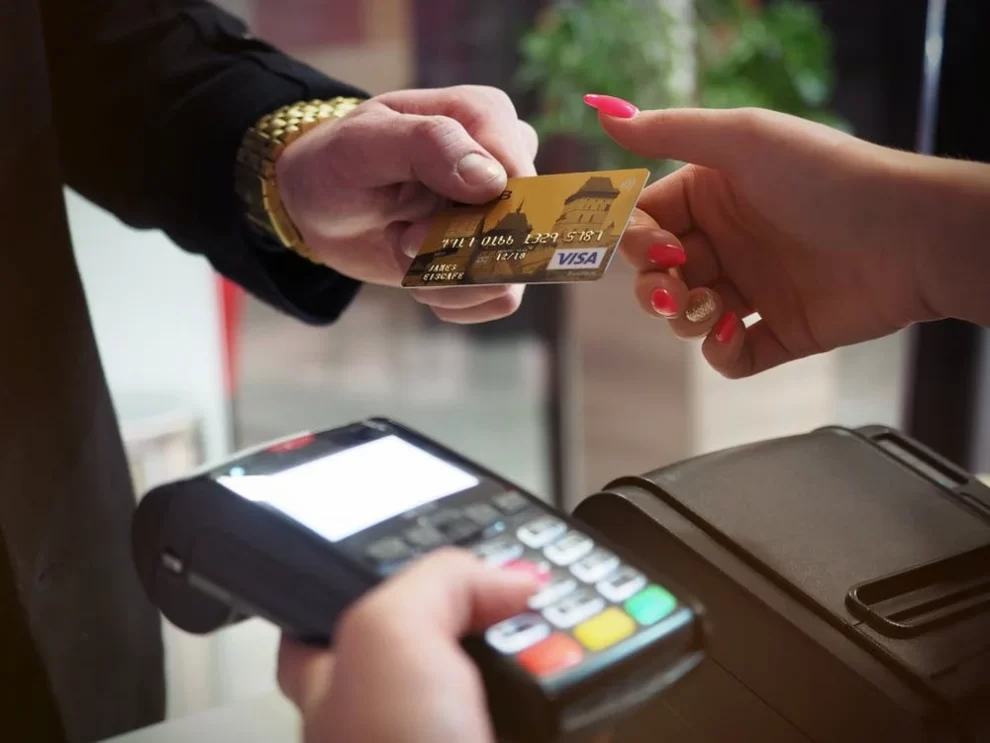Alternative payment methods referred to as APMs, are monetary methods of payment that do not include using cash or major card schemes, such as Visa and MasterCard. These methods include mobile payments, prepaid cards, e-wallets, bank transfers, and buy-now-pay-later financing features.
As consumers become more tech-savvy than ever before, the use of alternative payment methods has increased significantly. According to the study, APMs will comprise at least 55% of global eCommerce transactions this year. This article will explore alternative payment methods, their benefits, and their features for your business.
Table of Contents
Understanding Alternative Payment Methods
Alternative payment methods do not include using cash, a credit card, or other major card schemes such as Visa and MasterCard. There are numerous alternative payment methods offered by financial institutions, mobile wallet companies, and e-payment service providers.
To accept all these payments, businesses usually use Solidgate – a fintech company with a fully integrated payment API for any type of business. They help online merchants and stores, subscription companies, marketplaces, and other businesses to get payments from different resources and scale globally with no fuss.
Types of Alternative Payment Methods
The most common types of alternative payment methods include:
Realtime Bank Transfers
Realtime bank transfers are direct transfers between two parties for goods or services using online payment directly from their bank account. This payment method has numerous advantages, including low transaction fees, fraud risk reduction among parties, and the capability to process bigger transactions.
Direct Debit
Direct debit is a common payment method for utility bills and other services, including interest-free credit. The amount is usually charged from the customer’s bank account on a regular basis.
Direct debit payments are typically referred to as recurring payments. This type of payment method allows a consumer to link their bank account with a business, which enables the company to debit the consumer’s account on specific dates and in exact amounts.
Domestic Card Schemes
Domestic card schemes are cards issued by banks, credit unions, and other financial institutions that usually work the same as global card operators like Visa or MasterCard, but these cards are not accepted internationally.
They are typically accepted in developing countries where these companies do not have a significant presence. These cards can be used to buy goods and pay bills in local currency. In addition, they usually provide merchants with lower transactional fees.
Electronic Wallets
An electronic wallet, or e-wallet, is a type of payment infrastructure that facilitates payments through an application or platform. Electronic wallets are often used to pay for goods and services via smartphones. Such payment methods can be loaded by cash or bank transfer and used for online transactions.
Mobile Wallets
A mobile wallet is typically designed to enable users to store, organize and access their financial information on their phone using their service provider’s cellular network. These wallets can be stored in phones, credit cards, smartwatches, and other devices with near-field communication (NFC) capabilities, allowing them to transmit data when placed close together or touched.
Pass-Through Wallets
A pass-through wallet is a type of e-wallet that allows users to store money and make payments while generating tokenized card numbers for each transaction. Pass-through wallets offer a range of features for merchants and can be set up with little effort. The feature functions much like traditional mobile wallets.
Buy-Now-Pay-Later (BNPL)
Buy now pay later is a term used to describe a mobile payment system that allows customers to pay the value of their purchase in installments or installments over a period of time. This is in contrast to prepayment systems, where consumers make payments due at the time of purchase. The payment method can be funded by bank account, debit, or credit card.
Why Do Alternative Payment Methods Need to Be Considered in Your Business Payment Strategy?
The advantages of accepting alternative payment methods include increased customer loyalty and reducing the cost of processing transactions. This can be especially useful in low-priced markets, where the minimum purchase required for membership programs is much lower than other financial services.
Alternative payment methods can also benefit your business by increasing sales volume and reducing fraud, a challenge for e-commerce merchants. Alternative payment methods also allow you to reach new customers around the world.
In addition, accepting alternative payment methods provides a cost-effective way to widen your revenue stream, attract new customers and retain existing ones. Alternative payment methods are typically less expensive than credit cards, which translates into lower transaction fees for you. That is why many businesses consider using alternative payment methods in their financial strategies.
The Bottom Line
Alternative payment methods have their benefits. They can increase the number of transactions and the amount of money you make. This article has highlighted the main alternative payment methods you can accept in your online business. If you are interested in accepting alternative payment methods in your business, contact Solidgate.
APMs have numerous benefits for merchants and consumers, including accessible payments, customer loyalty, personal finance management, safety, and privacy. The success of e-commerce businesses depends on their ability to offer their customers the widest range of payment options on the market.









